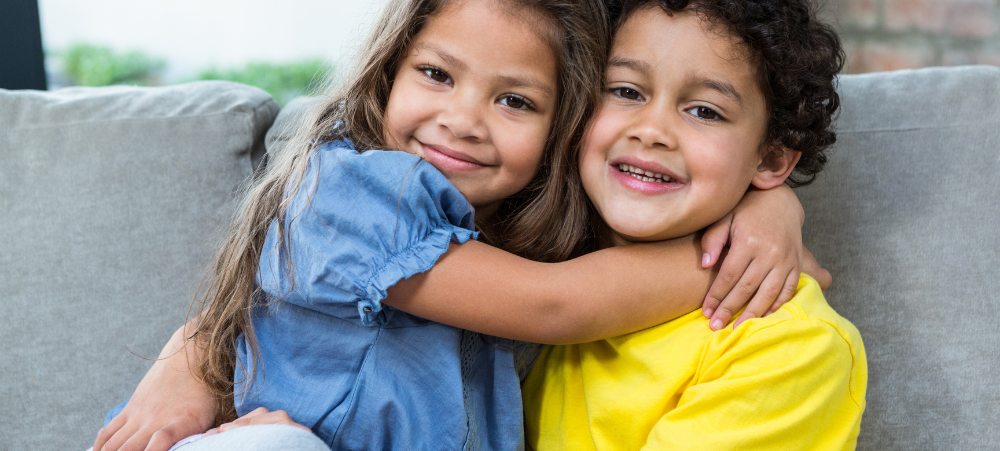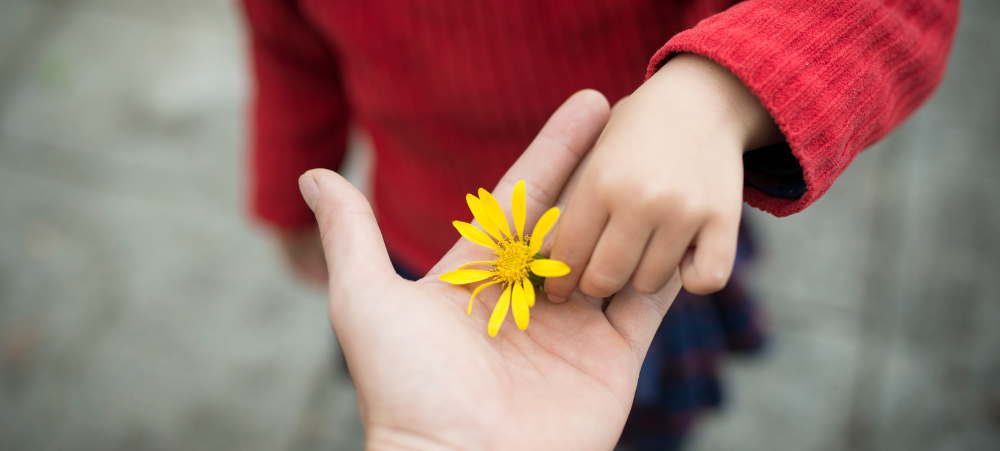Telling my children that their mom and I were getting divorced was probably the hardest conversation I have ever had. My son Luke was 11 at the time and my daughter Blythe 8. My heart broke as I looked into their sad, shocked eyes. It took everything I had to stop my tears from flowing. Their lives were being turned upside down by the two people they trusted and relied on most in the world.
Divorce is a difficult and painful reality which affects almost half of everyone who gets married. Tragically it’s our children’s hearts that are so often caught in the crossfire of negative emotions that come with divorce.
This is not an article on how and why to avoid divorce, or the merits of staying together or not for the kids, it’s an article on how to love, protect, nurture and equip children through divorce. If there is one thing I have learnt as a parent it’s that it is not about us it’s about our children. They are not there for us, we are there for them. We brought them into the world and it’s up to us to look after them. Whatever the reason a divorce takes place and regardless of who was most to blame,when we fail to keep our marriage together, which I did, our primary responsibility as parents remains the nurture, care and protection of our children.
After I saw first hand the impact my announcement had on my children I vowed to do everything in my power to protect them from the harmful emotional effect of our divorce. It’s very easy during a divorce to become so immersed in our own emotions and self preservation that our children take a backseat. The reality is they need us more than ever. The break up of a family is a major trauma for children and we as their parents are in the strange position of being both the cause of their distress and their source of strength and security during it.
Here are eight things I learnt through my own experience that can help children deal with divorce:
- Let them know that it’s not their fault. As irrational as it may seem, children often feel that somehow they are to blame when a family splits apart. Make sure they understand that this is mom and dad’s fault and they are not responsible in any way.
- Never put your children in a position where they need to choose between mom or dad. Don’t blame. Your children need both of you and they don’t want either one of you to be the villain. This is your stuff not theirs, keep it that way and do everything you can to ensure your children maintain a great relationship with both of you.
- Reassure them that everything will be okay. Let them know that even though the living arrangements will be changing you still love them deeply and will be present in their lives. Explain to them that they will have two homes where they will be loved and accepted completely.
- Help them deal with the change by talking about it. They need to mourn the passing of how life was and adjust to how life will be. The more they are able to talk about the changes and express themselves the quicker they will be able to accept and process the transition.
- Help them identify their feelings. No matter what they say they will be going through pain and confusion and you need to help them deal with this. Find a way to get into their hearts and minds and truly see and hear what they are thinking and feeling. The younger they are the more challenging this will be as young children don’t have the emotional understanding and maturity to identify their emotions, nor do they have the vocabulary to express them. You may need to enlist the help of an expert such as a counsellor or art therapist.
- Validate their feelings. Let them know that what they are feeling is normal and okay. Children often experience guilt when feeling anything negative towards their parents and will hide or suppress their emotions. Yet in a divorce they have every right to feel negative emotions towards us; we are responsible for breaking up the world as they know it. After my divorce I realised that Luke was feeling very angry with me and his mom but he felt confused and guilty about what he was feeling. I let him know that it was okay to feel that way, that he had every right to be angry.
- Help them process their feelings appropriately. Their unspoken question will be; ok so I realise I’m angry and it’s ok to be angry but what do I do with my anger? Again you may need to enlist the help of an expert or older mentor. In Luke’s case I asked him to forgive me and his mom and gave him the space to express and feel his anger. Often an angry child will take his frustration out in inappropriate ways like bullying, self-harm or other destructive behaviours. Helping your child to deal appropriately with emotions will set him or her free from harmful thoughts and behaviors and grow their emotional intelligence.
- Get your children involved in a divorce recovery programme. There are churches, community centers and counseling groups that offer programmes specifically for children going through a divorce. These can be very beneficial in assisting children to deal with their emotions and equipping them with the tools to handle the change.
By taking theses eight actions, prioritizing your children’s hearts and staying deeply involved in their lives it’s possible to minimize the trauma of divorce and turn it into a powerful growth experience for both you and them.
- Divorce and children - June 9, 2016
- The Five Crucial Commitments of Great Fathers - June 8, 2016
- Dadshares and Death-Ray Glares - May 12, 2016





